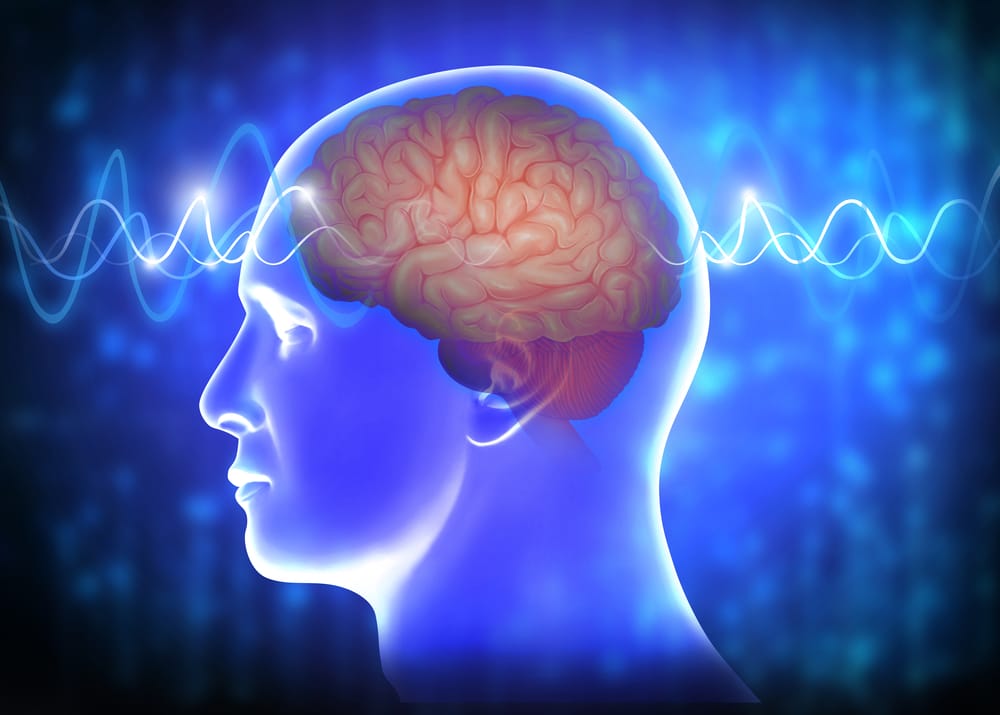“You need therapy” is a phrase often used as an insult or a joke, which makes many people assume that therapy is bad or something to be ashamed of. This couldn’t be farther from the truth. However, due to the stigma against mental health issues and services, it’s common for people to assume they should only go to therapy in extreme circumstances or that going to therapy means they’re broken. People often assume that so long as they have loved ones to lean on and can function in their day-to-day life, they don’t need therapy.
These misconceptions lead to many people suffering in silence instead of getting the help that they need. People are incredibly resilient, but everyone needs help to process things and to deal with hard emotions and situations. When you go to therapy, it provides you with the tools you need in order to manage your thoughts and emotions so that you can lead a happier life.

Therapy is one of those things that never hurts to try – you don’t need a big reason to go, and it’s a safe, confidential environment for you to talk about what’s going on in your life. If you’re questioning whether or not you should go to therapy, rest assured that you can seek it out at any time. It’s there to help you with whatever issues you may have, regardless of whether or not you have a mental health condition or have suffered trauma.
Here’s what you need to know about why people go to therapy, as well as signs that indicate that you could potentially benefit from it.
Why Do People Go To Therapy?
People go to therapy for many reasons, from needing help with a mental illness, to having family or relationship issues, to suffering trauma or grief, to experiencing a significant life change, and more. Therapy is designed to help make your life better. Contrary to popular belief, you don’t need a serious reason to go to therapy or benefit from it. The decision to start therapy is a highly personal one and varies greatly depending on the person.
Some people go to therapy because they feel overwhelmed, others because they feel like they don’t have anyone they can talk to or like they’ve run out of resources, others because they’re ready for a change, and others still because they just feel like they need help.
There are many, many reasons why people go to therapy, and they are all of them valid. Therapy gives you the tools you need to handle life better and can help to improve the symptoms of many different mental health conditions. As such, people find it beneficial to go to therapy for help with everything from life challenges to mental illnesses to emotional difficulties and more.
Should I Go To Therapy?

Knowing whether or not you should go to therapy can be challenging. After all, everyone experiences challenges. How do you know whether or not you should seek out professional help with said challenges?
While you don’t need a big reason to go to therapy and if you want to try it, that’s good enough to give it a shot, here are some of the factors that indicate you could potentially benefit from going to therapy.
Signs You Could Benefit From Therapy
It’s not always clear to see whether you should go to therapy or not. But here are some signs that talking to a therapist could be beneficial to you.
#1. You Can’t Change A Negative Pattern
It can be incredibly demoralizing to set an intention to do better only to fail every time we try. Therapy can help you understand what’s holding you to your negative pattern, help you find what’s keeping you from making progress, and celebrate the victories with you, encouraging you to build lasting habits.
#2. You’re Feel Overwhelmed
Whether there’s a lot going on in your life right now or you’re struggling with strong emotions that you can’t manage, therapy can help you sort through your feelings and provide you with the necessary tools to manage what’s going on better.
#3. You’re Avoiding People
Mental health issues can lead you to avoid social situations and cause you to withdraw from your loved ones and avoid dealing with people. Therapy can help you sort through why this is and provide you with necessary support so you can build those relationships again.

#4. You’re Relying On Substances To Cope
Sex, alcohol, drugs, and other substances may help you feel better initially, but they won’t fix the underlying issues that made you turn to them for escapism. Therapy provides a healthy, long-term solution to help you manage whatever you’re trying to escape from.
#5. You Don’t Care About Anything
It’s very common for people with depression to stop caring about their lives. If you’ve lost interest in the things you used to enjoy, a therapist can help you understand why life isn’t enjoyable anymore and figure out how to help you enjoy it again.
#6. You’re Going Through A Major Life Event
Change is a part of life, but some are hard to navigate on our own. If you’ve recently lost someone, lost a job, are going through a divorce, have been or are currently experiencing trauma, if you go to therapy, the therapist can help you work through it.
#7. People Are Worried About You
If your actions are affecting those around you or they’re expressing concerns about your welfare, it could be a good idea to go to therapy to sort through what is going on and help you develop healthy relationships, with yourself and with those around you.

These are but some of the reasons why people go to therapy. Regardless of whether you are experiencing something listed above or not, if you feel like you could benefit from therapy, it is always a good idea to try it.
Are You Considering Going To Therapy?
Ogden Psychological Services provides individual therapy, couples therapy, family therapy, and other mental health services, such as neurofeedback therapy. If you are considering whether you should go to therapy, we can help. Contact us for an intake and let us help you work towards a happier, more fulfilling life.




